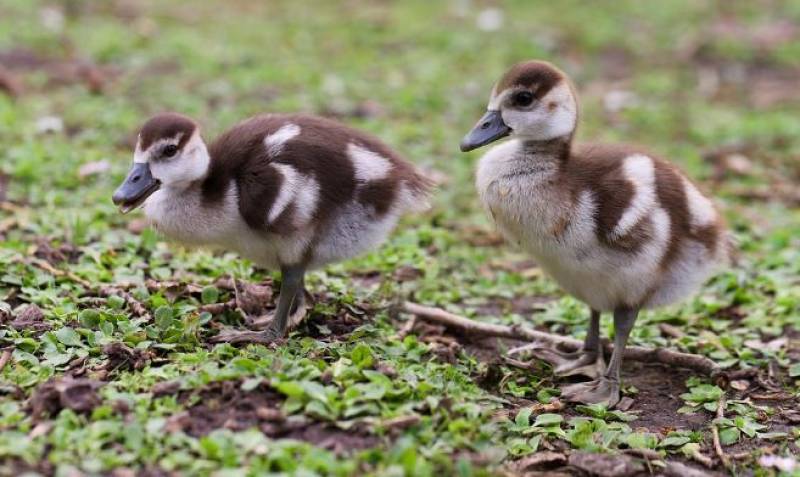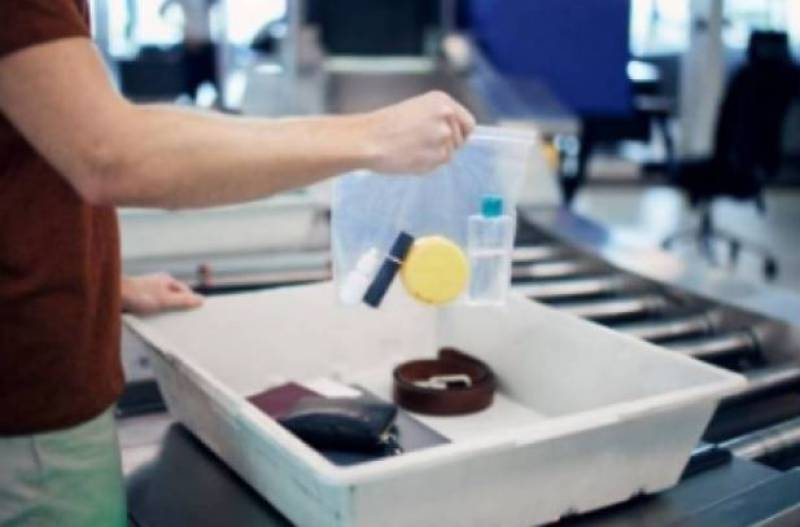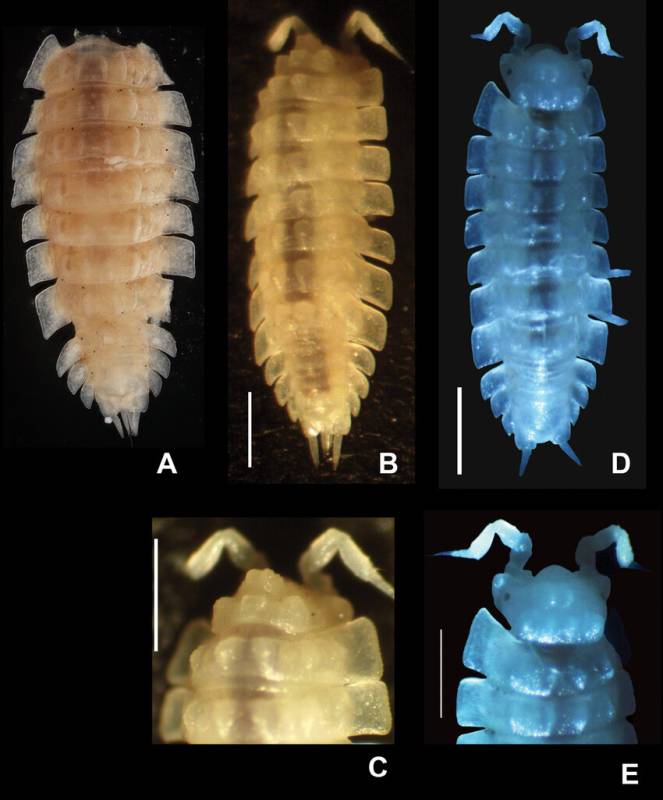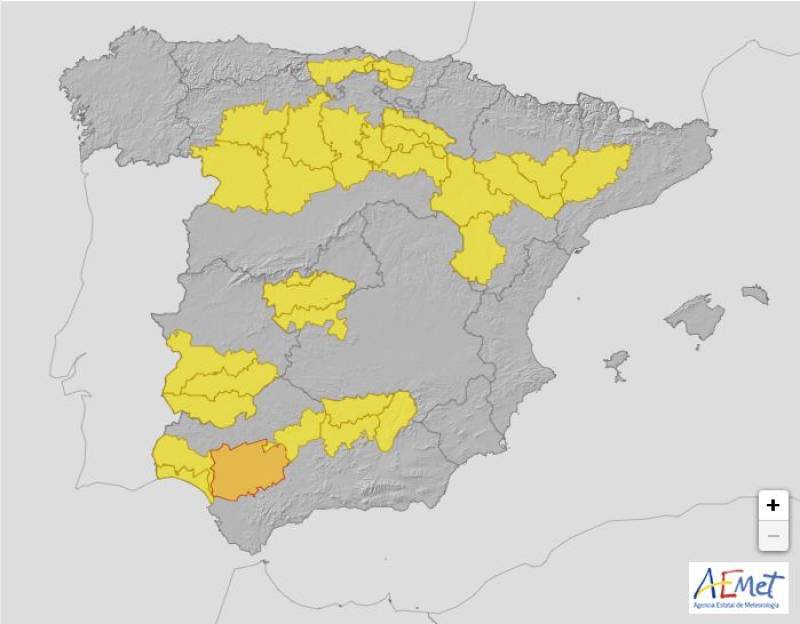
To be listed on the CAMPOSOL TODAY MAP please call +34 968 018 268.
article_detail
Date Published: 30/05/2025
Spain and all of Europe bracing for bird flu pandemic
Fears are growing that the virus may start spreading to humans

After everything the world went through with Covid-19, it’s no surprise that even the faintest whisper of a new health threat sets off alarm bells. This time, it’s bird flu that has experts watching closely. The H5N1 strain of avian influenza has been spreading more widely than ever before and, worryingly, has started to infect mammals.
That shift has public health systems across Europe, especially in Spain, preparing for the worst just in case.
At this point, there is no solid evidence of the virus passing from human to human. But the concern lies in how quickly it seems to be jumping species. The US Centre for Disease Control and Prevention has already confirmed several human cases linked to dairy farms, though they have been isolated and mild.
Still, it’s enough to change how scientists and public health officials are thinking.
The European Commission isn’t taking any chances. It has started working with member states to build an early response plan. That includes stockpiling vaccines, tightening surveillance and setting up communication strategies to keep the public informed if the situation changes.
In Spain, officials are already preparing a strategic reserve of vaccines targeted specifically at the H5 subtype. These would be made available to professionals most at risk like vets, farm workers and healthcare personnel. The idea is to protect those most likely to come into contact with the virus and buy valuable time if it ever becomes more easily transmissible among people.
This is happening alongside new protective measures in poultry farms, labs and research centres, following advice from the European Centre for Disease Prevention and Control.
Everyone’s watching closely but calmly. Virologist Antoni Trilla, for one, has said that while H5N1’s behaviour in mammals is “a worrying sign”, now is not the time to panic. It is the time to act ahead of the curve.
That action could involve tweaking existing flu vaccines or even fast-tracking deals with pharmaceutical companies to make new ones, just like we saw during the early days of Covid.
No human cases have been reported in Europe yet, but studies are showing that some versions of the virus are becoming more adept at infecting mammalian lungs, which is a key step in jumping from animals to people.
The fact that the virus was found in cow’s milk in the US and then in humans has sparked serious concern in Brussels. EU health leaders agree that the immediate risk is still low, but they are not ruling out a future crisis.
Behind the scenes, Europe is dusting off its emergency playbook. Rapid response systems are being reviewed and cross-border coordination is getting a fresh push, while lessons learned during the Covid pandemic are being put to good use.
The current situation isn’t an emergency. Not yet. It’s more of a strategic pre-alert, but the memory of lockdowns, hospital collapse and rushed decisions is still too fresh to ignore this new warning from nature.
Image: Pixabay
Loading
See more news about animals in Spain:
OR
Sign up for the Spanish News Today Editors Roundup Weekly Bulletin to get a comprehensive email with all the week’s news for Spain, Murcia, Alicante and Andalucía.
Get a sneak peek – here are a few of our recent Subscription Bulletins:
Discount Special Offer subscription:
36.95€ for 48 Editor’s Weekly News Roundup bulletins!
Please CLICK THE BUTTON to subscribe.
Contact Murcia Today: Editorial 000 000 000 /
Office 000 000 000






























